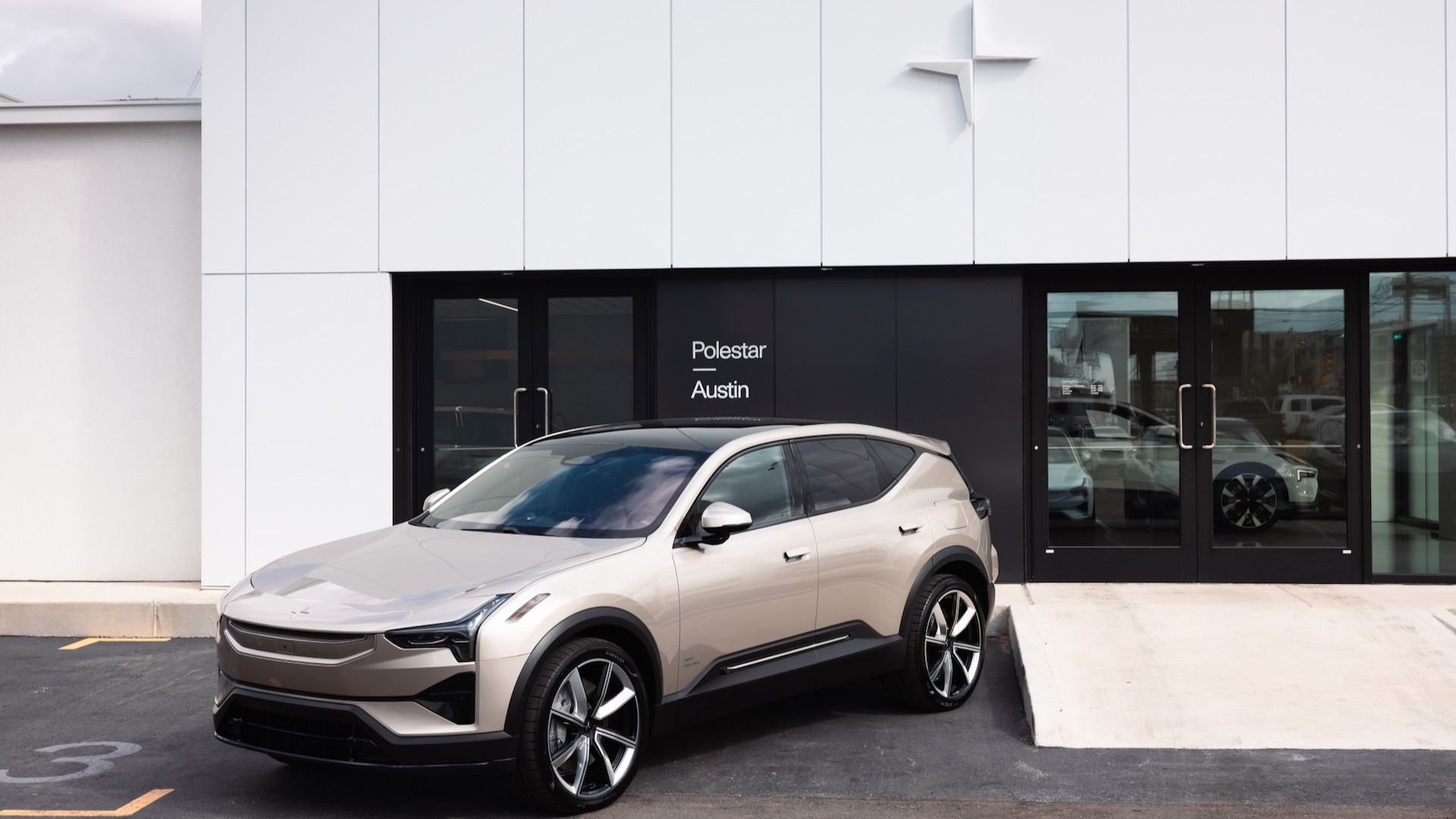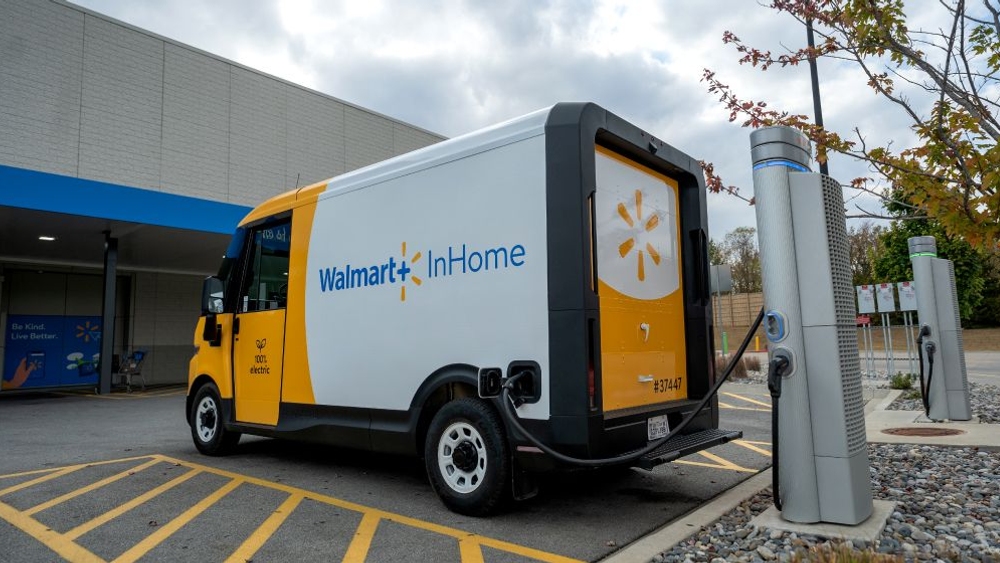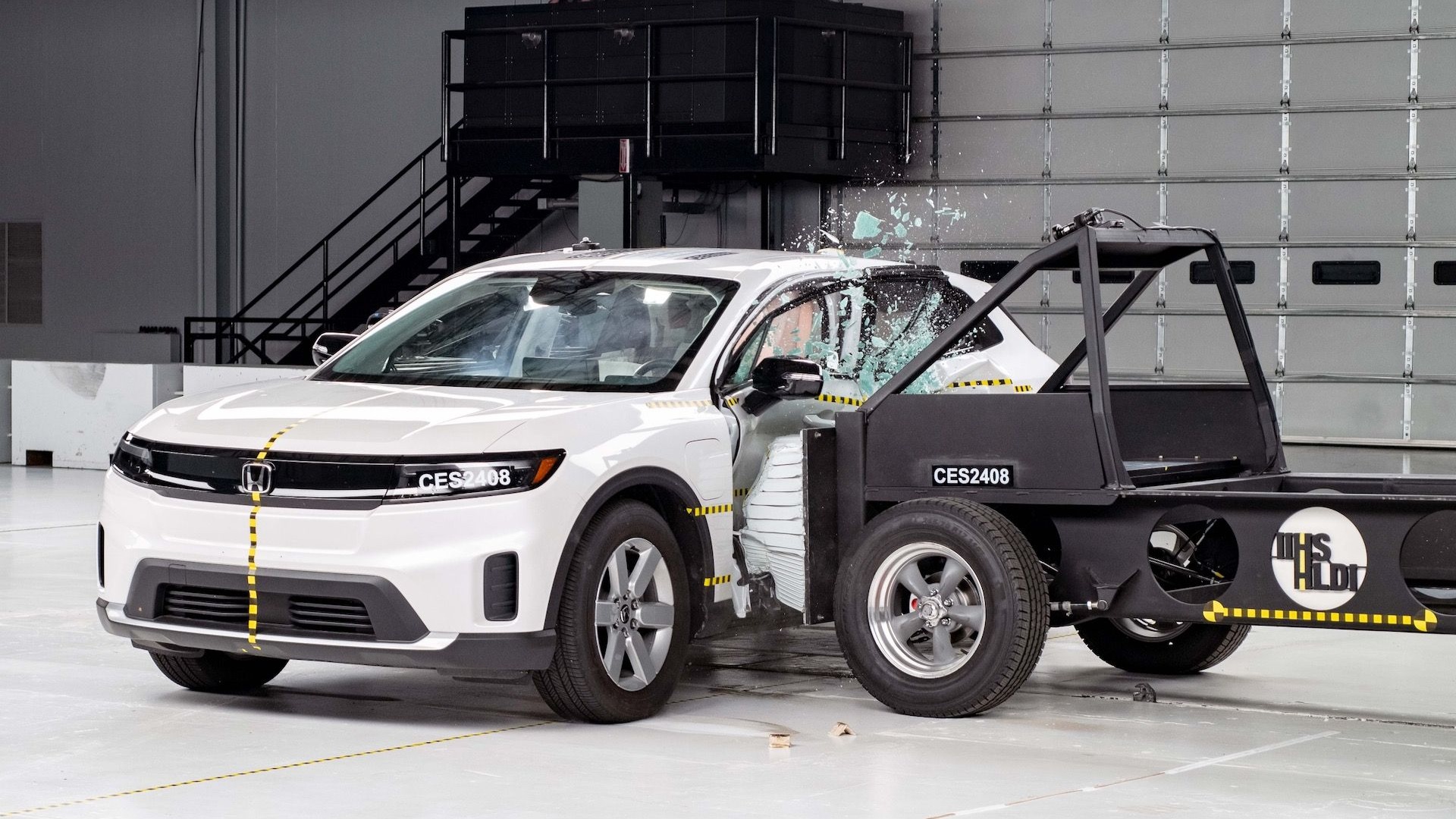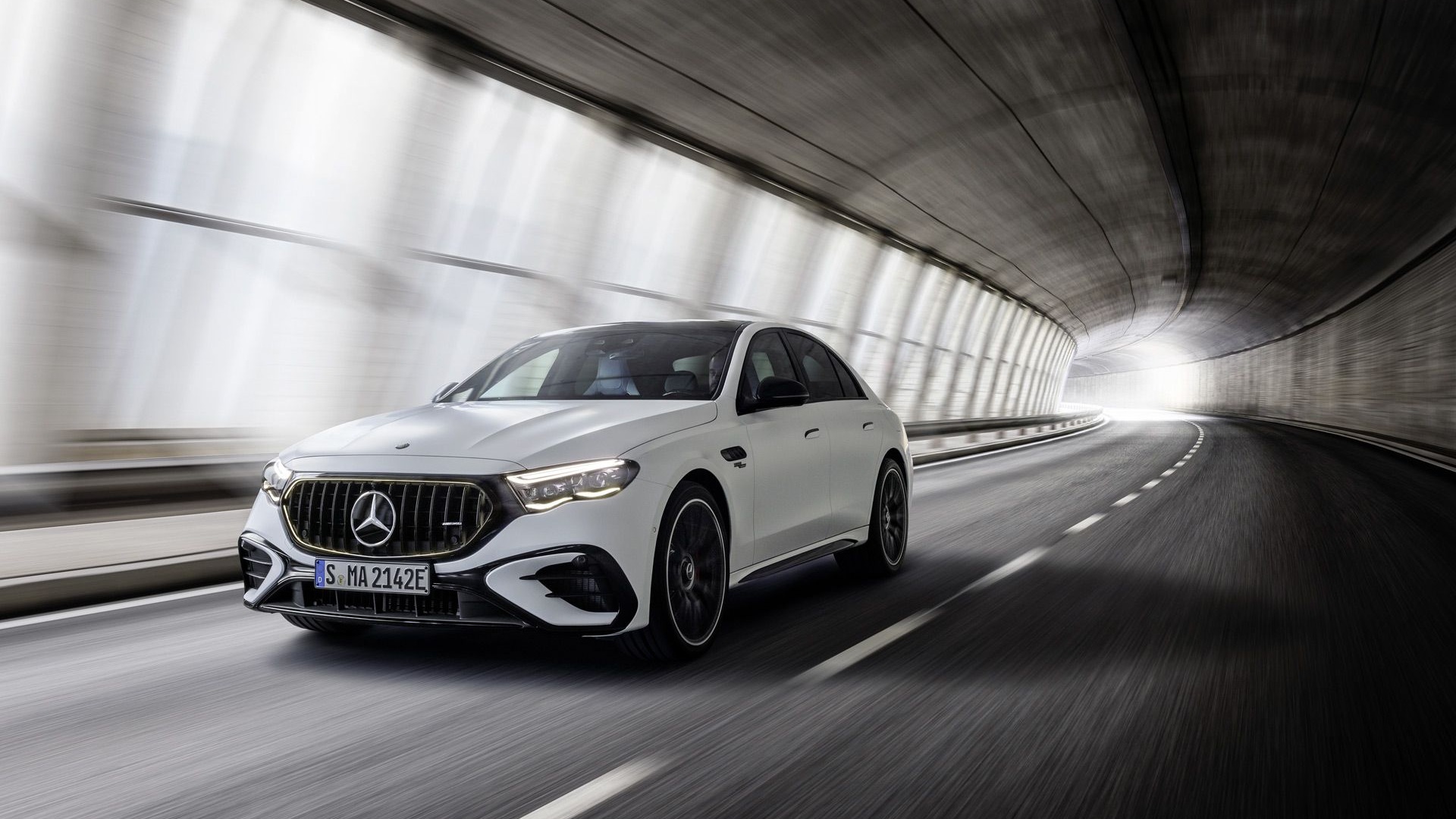With agreement among the White House, the EPA and NHTSA, and most major automakers (though not all), the U.S. looks to be well on its way to a corporate average fuel-economy requirement of 54.5 mpg by model year 2025.
That translates to 40 to 45 mpg in real-world gas mileage, but it's still a notable increase in fuel efficiency over today's 25 mpg or so.
Now Japan is planning to set new fuel economy rules of its own, reports the Nikkei business daily.
The country is drafting guidelines to require gasoline cars to achieve fleet average gas mileage of 20.3 kilometers per liter (47.7 mpg) by 2020, a 24-percent increase from the 2009 requirement of 16.3 km/l (38.3 mpg).
The Japanese test cycles differ from the Environmental Protection Agency's tests to establish fleet average fuel economy--which themselves differ from the formulas used to calculate window-sticker mileage ratings.
But while the two countries' fuel economy ratings aren't directly comparable, the message is clear: Carmakers in North America, Europe, and now Japan too will have to build notably more fuel-efficient vehicles in the years to come.
The Japanese proposal does not include efficiency requirements for electric-drive vehicles running on power drawn from the electricity grid, but it will apply to plug-in hybrids like the 2012 Toyota Prius Plug-In and extended-range electric vehicles planned by Mitsubishi and others.
The proposals will be opened to public comment shortly before final draft rules are written. Those proposals will be issued formally, perhaps as early as today, by the Japanese Ministry of Economy, Trade and Industry and the Transport Ministry, according to a Reuters report.
[Reuters]
+++++++++++













